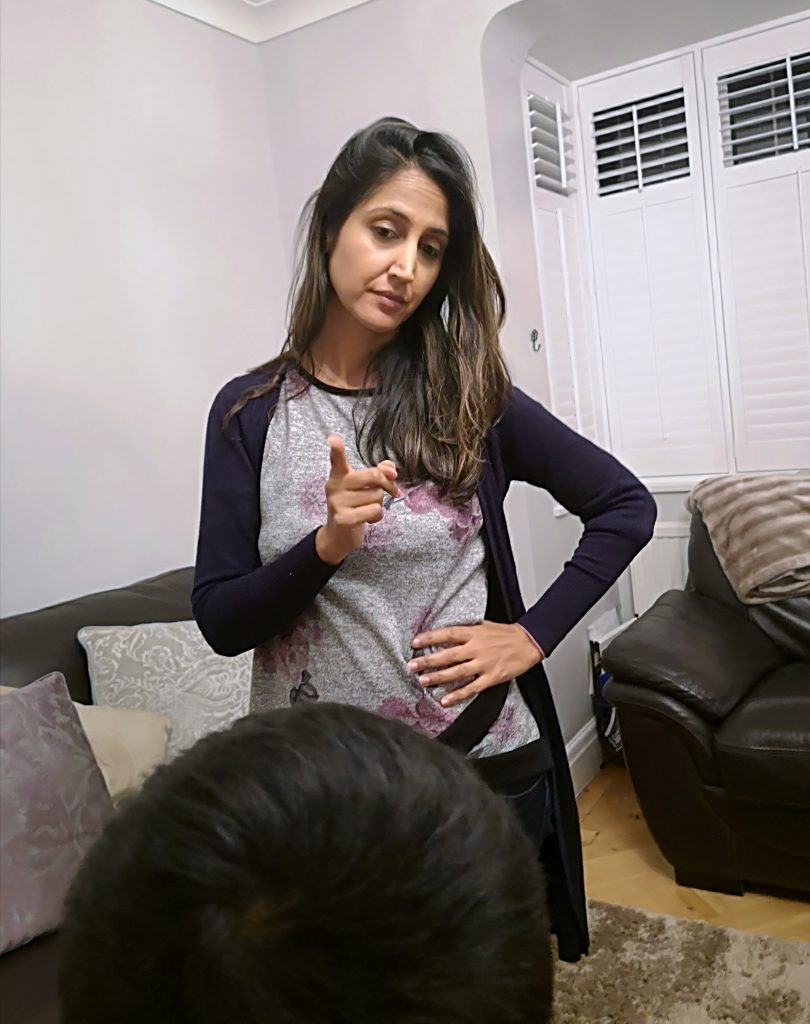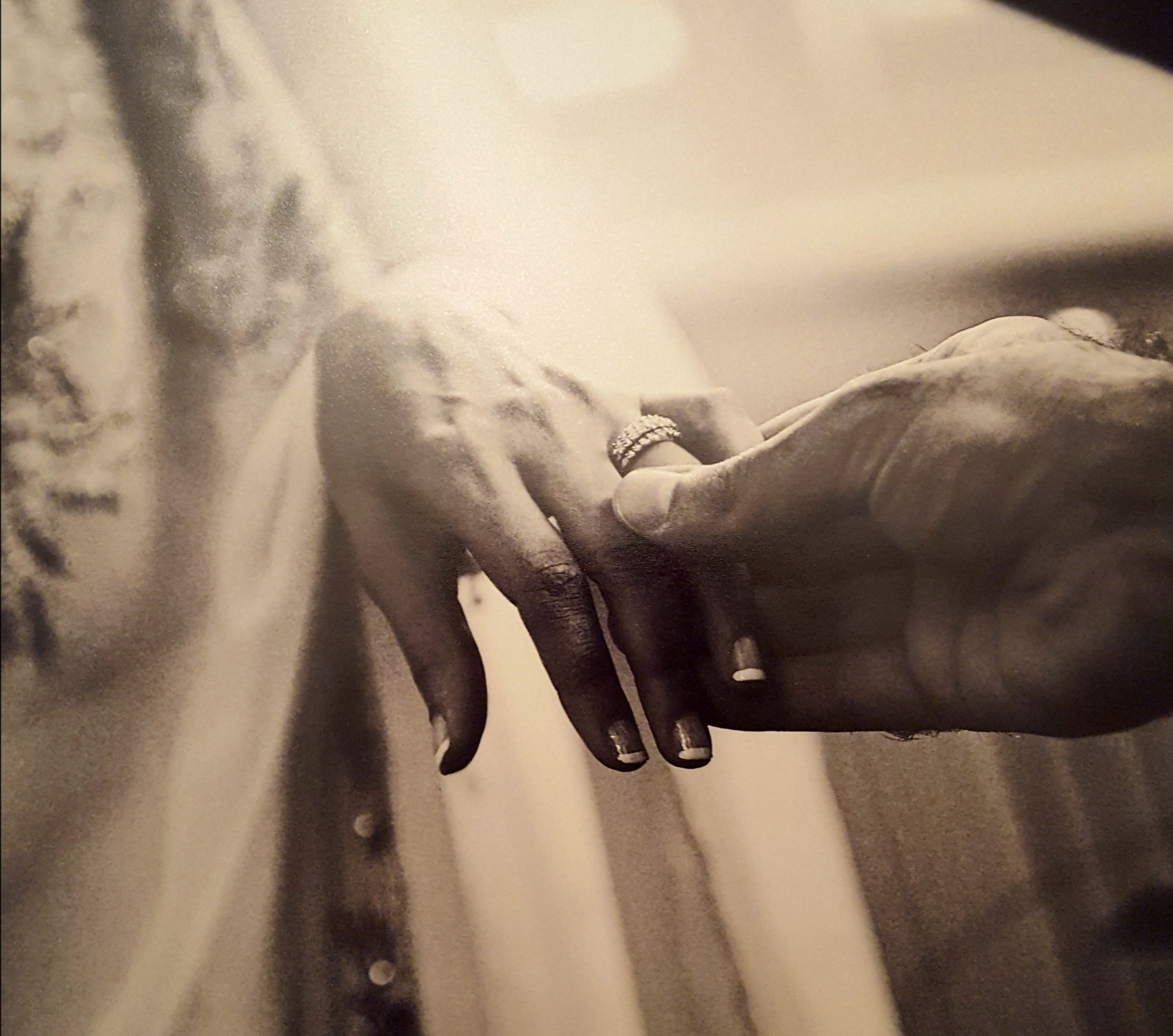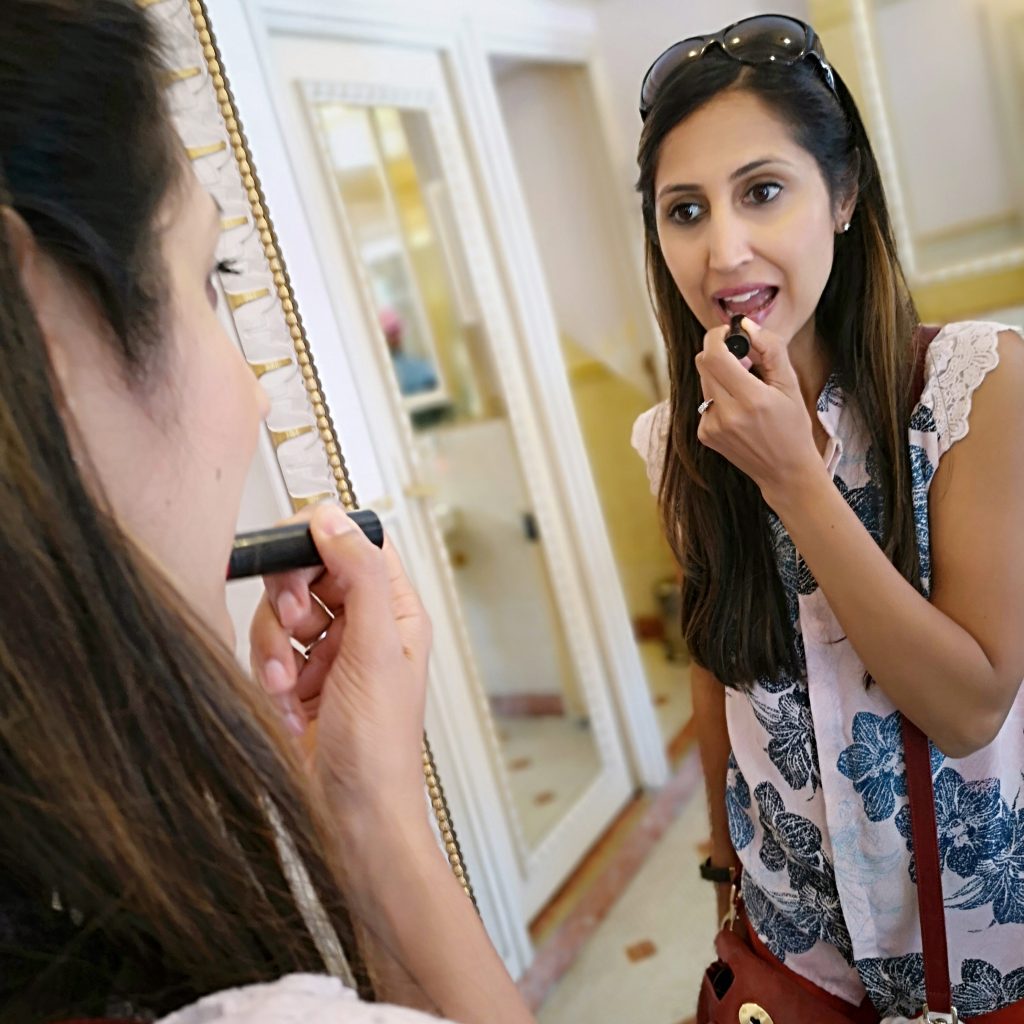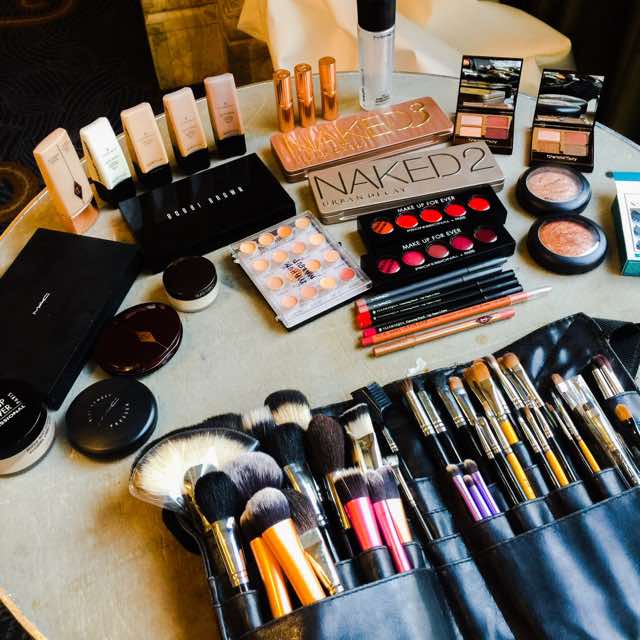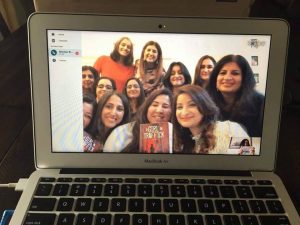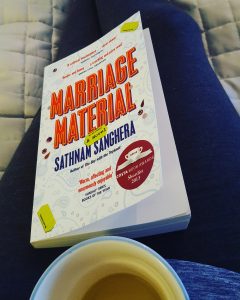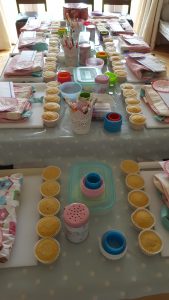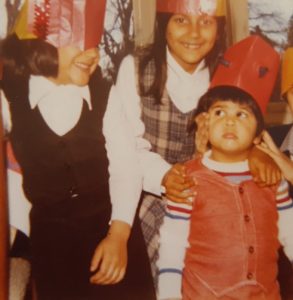In March 2020, lockdown gave us a big fat slap in the face. Covid-19 reared its ugly head and sent us spinning into oblivion. Since then we’ve had a depressing cocktail of restrictions, dramatically impacting the way that we live, work and interact. Families have found themselves coexisting like never before, resulting in an abundant supply of lockdown drama.
Firstly, let’s talk about the horrors of home schooling. Helping your kids with their homework occasionally is one thing, but being responsible for their entire school day is a flipping nightmare. I started off well, with designated work spaces for Flump and Luddoo and a healthy supply of stationary, but it soon went downhill. Who wants to spend their entire day running between kids sorting out technical issues, printing off copious amounts of worksheets, explaining algebra and the difference between the past perfect, past continuous and past perfect continuous tense? Not me, I can assure you. Not to mention providing satisfactory snack and lunch options every goddam day (without gratitude) AND trying to encourage the monsters to engage in some form of physical exercise (playing Nintendo doesn’t count apparently). And let’s not discuss Luddoo, who insisted that I sit next to him every day, Monday to Friday, between the hours of 9am-3.30pm because he was “scared” of online learning. I mean, seriously, it was not even remotely fun. This, combined with the fact that Flump had her 11+ to contend with, nearly broke me. It was an absolute nightmare and I still shudder thinking about it.
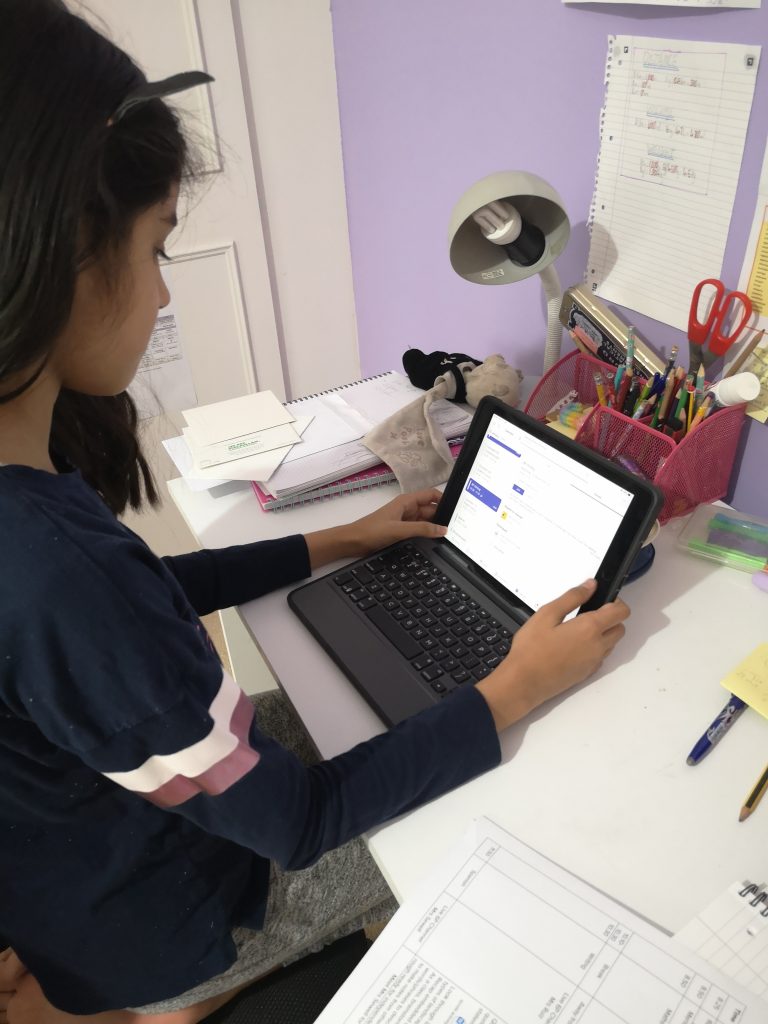
Then there’s the horror of being with your partner 24/7. It doesn’t take a genius to work out that this is potentially a recipe for marital disaster. I’m not being funny, but when I married the Old Git, I didn’t sign up to him being around me all day long. He’s not been into the office for 13 months. That’s 13 month of him asking what’s for lunch every day, 13 months of him knowing and commenting on my every move, 13 months of him thinking he is now an expert on all things domestic, 13 months of him leaving dirty dishes in the sink and 13 months of him throwing his socks in every conceivable corner of the house. One unexpected benefit of him being at home, however, is that he has sorted out the garden. It began very badly with him butchering every bush in sight, pulling out all the plants and spending a small fortune on random, unnecessary gardening equipment. It was excruciating to watch and he didn’t take it very well when I gave him, what I consider to be, “constructive” feedback. However, thankfully, there was a method to his heavy-handed madness, and now the garden looks charming. Move aside Alan Titchmarsh.
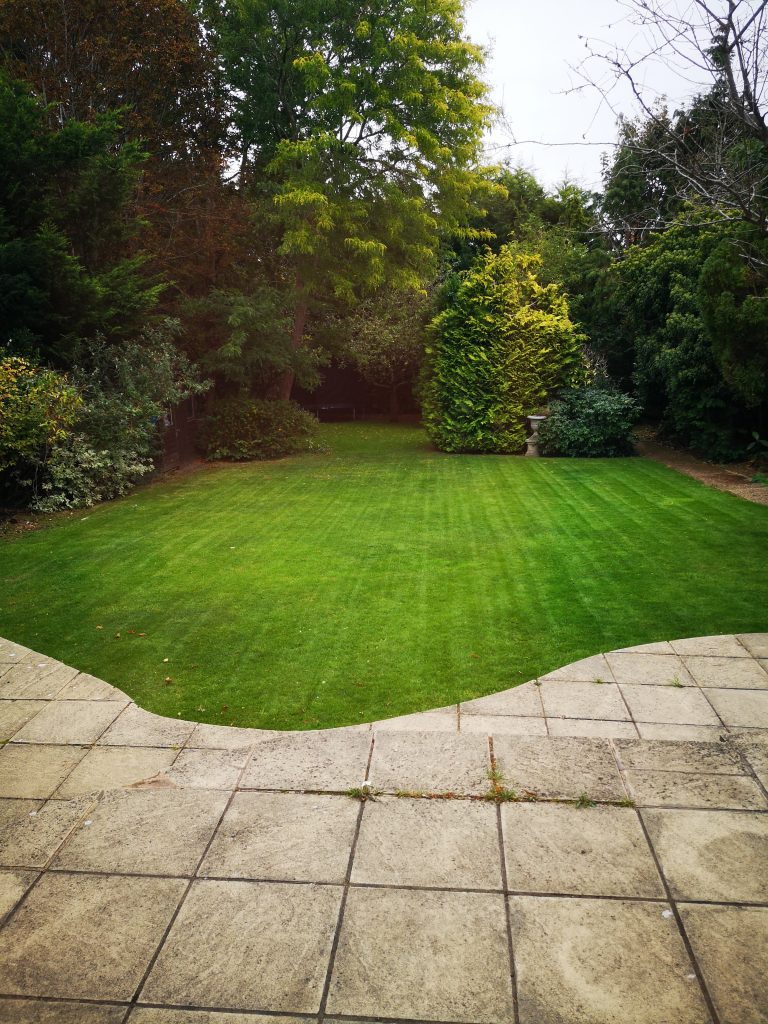
Lockdown also put an end to all things social. At first, there was a flurry of activity with zoom calls and zoom parties but after a while they lost their shine. Half the time I couldn’t hear what any of my friends were saying as we were all shouting over each other excitedly, then there were the technical issues, plus it doesn’t really equate to a night out when you have your kids barging in telling you they need a poo or howling that they hate their sibling. It’s just not the same. I especially miss eating out with friends. To begin with, I had a burst of Nigella-inspired enthusiasm and would spend much of my time planning and executing new and exciting culinary creations, taking photos of every single dish for Instagram. But after while I got sick of the taste of my own food, not to mention the disgusted faces of my children every time I presented them with my culinary efforts. It’s not exactly motivating.

As lockdown starts to ease, I welcome the longer, brighter days, when we no longer have to walk in the pouring rain for daily exercise, and are able to connect with friends and family. As much as I love my brood, I would quite like to see people I’m not responsible for feeding. And if anybody tells me that spending time at home, imprisoned with their husband and kids for a year, has been a special “bonding process” or anything naff like that, they are going to get a major eye roll from me. Most of us are not designed to be confined to the four walls of our homes. We need human contact and human connection, as do our kids. I look forward to brighter times and a more harmonious home.


